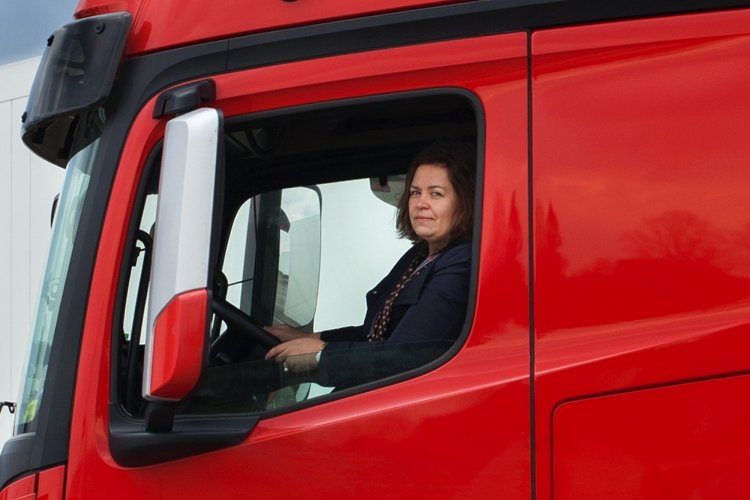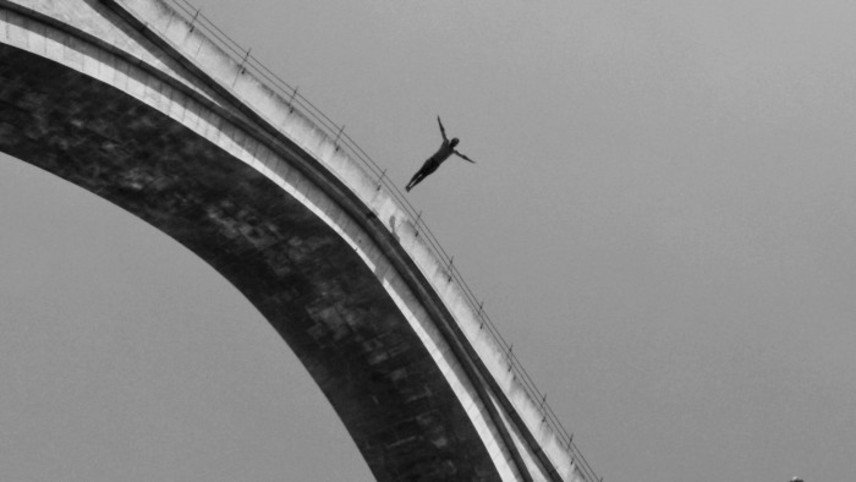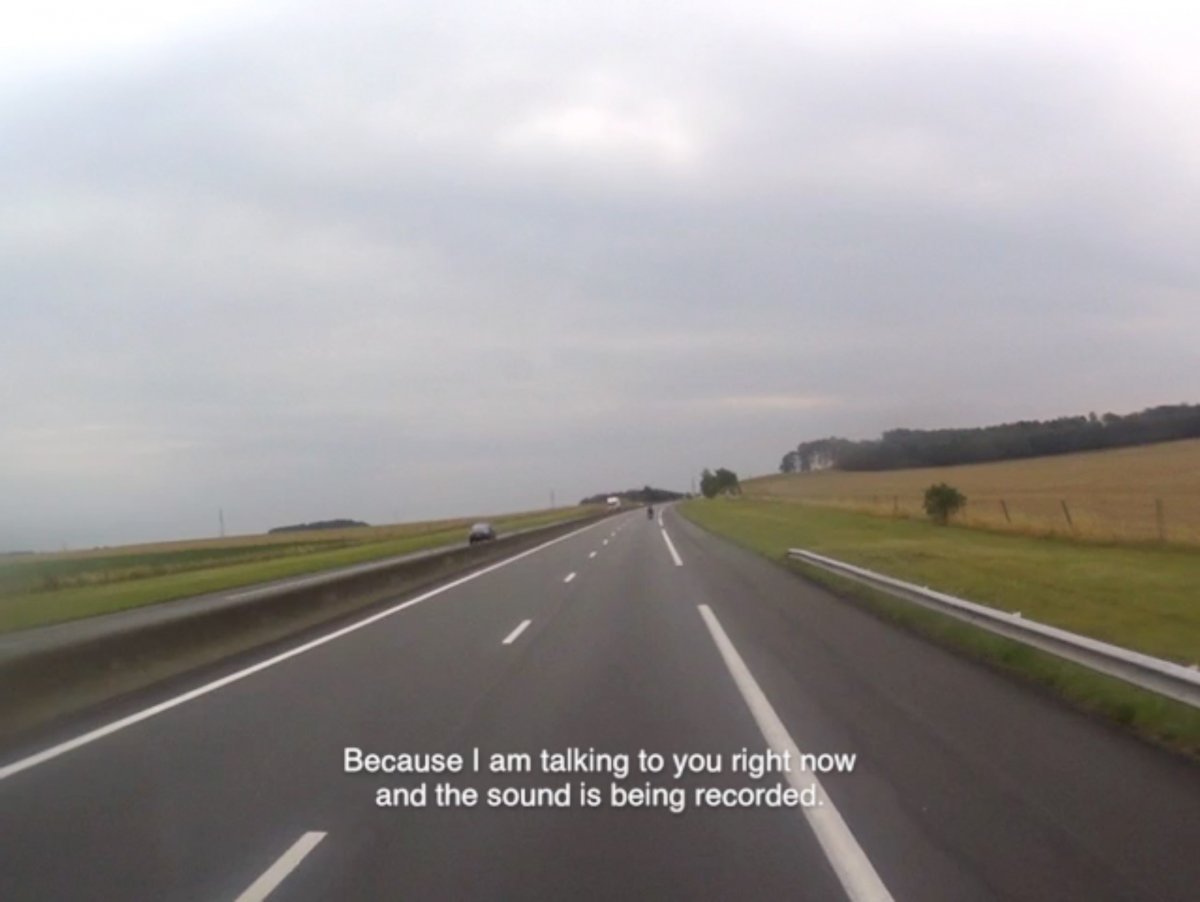
Diāna Tamane. Mom (detail) 2016. Courtesy of the artist

Didem Pekün. Still form film ARAF. 2018. Courtesy of the artist

Diāna Tamane. Still from the video On the Road, 2015. Courtesy of the artist
LCCA International Summer School 'Contemporary Geographies. To Map Places, Experiences and Ideas'
Where: Kuldīga
When: from 3 to 8 August 2018
The Summer School offers an alternative to the usual educational formats and discusses topics that are beyond academic studies. The programme will consist of lectures, artists’ presentations, discussions, collective reading sessions and implementation of shared ideas. The Summer School is organised by the Latvian Centre for Contemporary Art in collaboration with Kuldīga Artist Residency and the Art Academy of Latvia. Its goal is to provide emerging professionals with an opportunity to find out about the most up-to-date contexts of contemporary culture, develop critical thinking, and implement collective artistic research and creative practices under the guidance of acknowledged lecturers and moderators of creative workshops in an interdisciplinary form.
The framework of the 2018 Summer School is ‘contemporary geographies’ –
the visible and invisible boundaries, including social and cultural boundaries, transformation processes and experiences, which often do not match national and political geographies. To study such processes and experiences, ‘other’ geographical categories are used, constructing and deconstructing knowledge from most varied fields, merging objective and subjective perspectives. In these changing circumstances art is also involved to create common knowledge, understanding and perception fields. For example, visual culture theoretician Irit Rogoff in her work Terra Infirma relates art to so-called ‘critical geography’ – a concrete, yet ever-changing space and environment, and the relationships between this space and time, geography, history and the contexts of place. Critical geography allows one to analyse and interpret the experience of transformation processes and to highlight questions about the relationships between different places, especially the relationships between the West and the ‘rest’ of the world. It allows one to examine the various cultures and histories, create connections between people, places and discourses, as well as to understand the terms and conditions of contemporary reality and to explain them through the familiar.
The Summer School addresses questions of migration and mobility in the past and today – the thematic bloc of identity and memory viewed through the perspective of belonging and not belonging, alienation, displacement, changes and transit. How does a new place of residence motivated by a free choice or circumstances affect the identity and quests for creativity in the new environment and new geopolitical and culturally political conditions? To be the other, the outsider, who looks for the support in a new culture; or the opposite – to be in a continuous position of transit with no strings attached to any of the places. These conditions are characteristic of today, where tourists, migrants and urban nomads are typical figures. The transient is somebody who is continuously changing her/his place of existence before becoming deep-rooted, and her/his state of identity is based on alienation and the experience of Otherness.
How are these experiences related to the past, when life in emigration or in exile was the everyday norm for so many people? How can we interpret the big wave of migration from the countries of Eastern Europe after the enlargement of the European Union if we examine it in parallel with the negative reactions expressed against offering shelter for refugees and asylum seekers? Why, in the contemporary migration politics in the post-Soviet countries, are they portrayed as a burden and threat that must be avoided and not as a labour force that could be included in economy? How does global migration transform art geographies – the relationship between the centres and peripheries, marginal places, as well as provinces? Cultures, too, are ‘portable’ and they are increasingly less attached to a certain place and increasingly more to the movement and certain trajectories in the global space, a general condition of continuous change in physical, social and temporal relationships, indicating new relationships between their meanings and forms. How can migration or transformation experiences in the widest sense – also as migration of knowledge, resources and industries – become the forms of interdisciplinary creative workshops?
The programme of the Summer School addresses these issues from the perspective of art and culture theory, emphasising the complex relationships between the social and the political, the local and the global, and the geographies constructed by facts and imagination.
The lectures, seminars and creative workshops were led by artists, curators, theoreticians and cultural researchers, including artists Inga Erdmane, Diāna Tamane, Tanel Rander, Eléonore de Montesquiou, Mindaugas Gapševičius, Didem Pekün, curators Jonatan Habib Engqvist, Antonia Alampi, media theoretician Ilva Skulte and others. Part of the Summer School programme – the lectures and artists’ presentations – will be public and everyone is invited to attend.